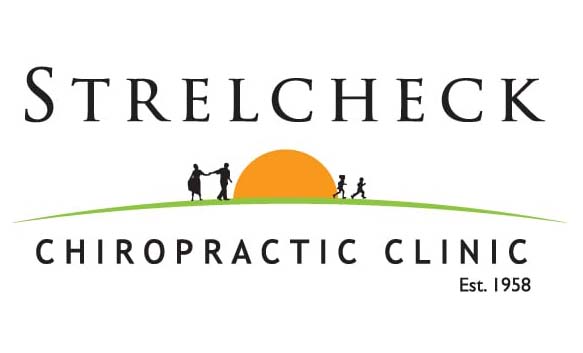
While baby boomers bring me their aches and pains from old injuries, strains and fails, teens represent a whole different assortment of health challenges. My adolescent son, Ryan, was a living example of how the pressure to perform adversely affects the health of today’s teenagers. Every day, I watched him churn out a non-stop schedule; running from class to class then on to organized sports, community service and homework. At 14, he was living the average life of a teen – out the door by 7am and usually doing homework and on the go until midnight. This punishing schedule became all the more demanding over time as the lack of sleep, hormonal changes, a diet of fast food and the desire to accomplish as an athlete and student all took their toll.
I was determined to keep Ryan healthy, but recalling my own “teenage rebellion,” I decided to start off with a few easy changes to help him achieve a healthier lifestyle. The regimen included regular chiropractic treatment, but what else? Although I am trained on nutrition, I looked to the resident specialist dietitian at Strelcheck Chiropractic, Laura Selby, for some specific advice and direction. She suggested that we add some supplements to his diet and change his morning routine. Within a few weeks, Ryan had more energy, greater focus,, and was more relaxed. Yes, relaxed. A few of his close friends were encouraged by his ability to steadily perform under the pressure and before long, parents were calling me – hopeful that I might help their kids stay on track and enjoying their busy lives.
Warning Sings
We’re all familiar with the effects of a stressful work week – simply put, our energy is depleted. However, chronic stress can result in adrenal fatigue, which is the inability of your adrenal glands to keep pace with the perpetual demands of flight or fight arousal. This results in a reduced production of hormones responsible for maintaining energy and mood. Other warning signs of “burnout” may include frequent headaches, lower back pain, frequent acid indigestion, stiffness of neck and shoulders, insomnia, depression or mood swings, and difficulty focusing. These conditions can often be reversed naturally by restoring the nerve function and flow to the areas of the body directly or indirectly affected by stress. The release of the pressure on those segments impacting those nerves comes about with a series of adjustments to the spinal segments impacting those nerves. I would like to note that it should not be ruled out that persistent pain may also stem from a bump or twist of the neck, back, or head and requires x-rays and subluxation of the spine causing interference with nerves resulting in pain, pins and needles, weakness and over time, may affect the proper functioning of the internal organs.
Put a “Chill” on Burnout
The combination of spinal health and a few dietary changes can make a world of difference in your teen’s ability to feel good and do their best. Always consult your dietitian for suggested dosage and selection of nutritional supplements. Some dietary changes to boost energy include high protein breakfast instead of carbohydrates, avoidance of caffeine, small meals that contain protein, eating every 3-4 hours, omega-3 fatty acids (commonly in the form of fish oil supplements), B-complex, 1000mg vitamin C. Counteracting your teens’ stress now will help offset illness and set the stage for good health habits for life.




